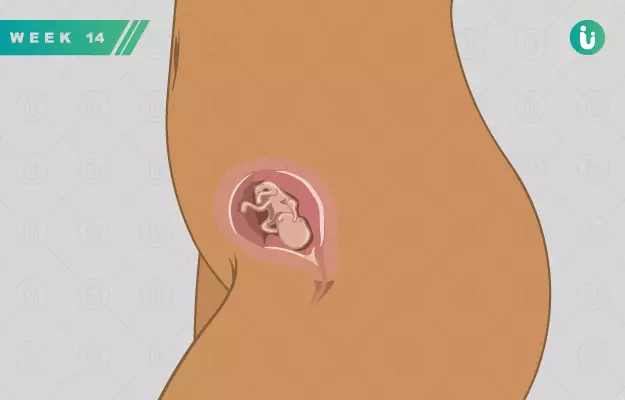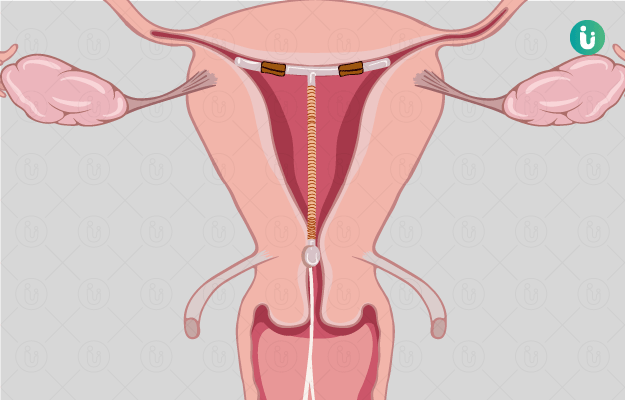Welcome to the second trimester of your pregnancy, the stage of gestation which is often called the “golden period” of pregnancy thanks to the gradual disappearance of all the unpleasant symptoms of early pregnancy. You’re likely to have a glow in your skin and morning sickness is likely to have faded away completely.
Your baby is thriving during the 14th week of pregnancy. Your baby is bigger than before and growing rapidly. The functions your foetus can perform are also more complex, including peeing into the amniotic fluid. You might not be able to feel the baby kick yet, but be sure that this will happen soon enough too.
There are, however, some issues you need to be extra-cautious about during the 14th week of pregnancy. You’re likely to feel moodier than before, and might even wonder what type of a parent you’d be. It’s therefore important to not take undue stress, eat a balanced pregnancy diet and exercise well. Focus on maintaining a healthy weight during your pregnancy, because the amount of weight you gain now is key to your ability to lose weight after delivery.
It’s important to go in for all the routine checkups during pregnancy as suggested by your obstetrician. You might have to get a fetal ultrasound done around this time if you’re older than 35 years, and your doctor might also discuss amniocentesis with you if required. If you’re a working woman, this is also the time when you should discuss maternity leaves with your employer and plan your work accordingly. Here’s everything you need to know about what’s happening in the 14th week of pregnancy.










































